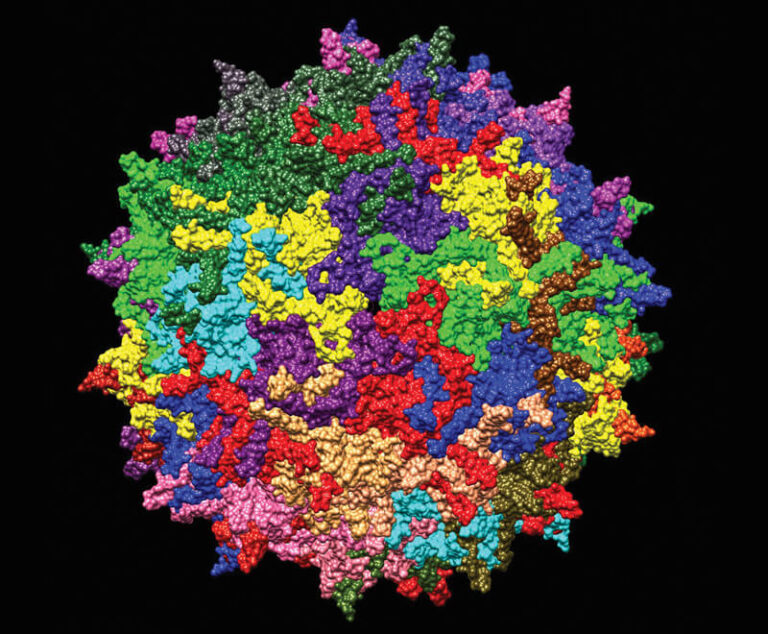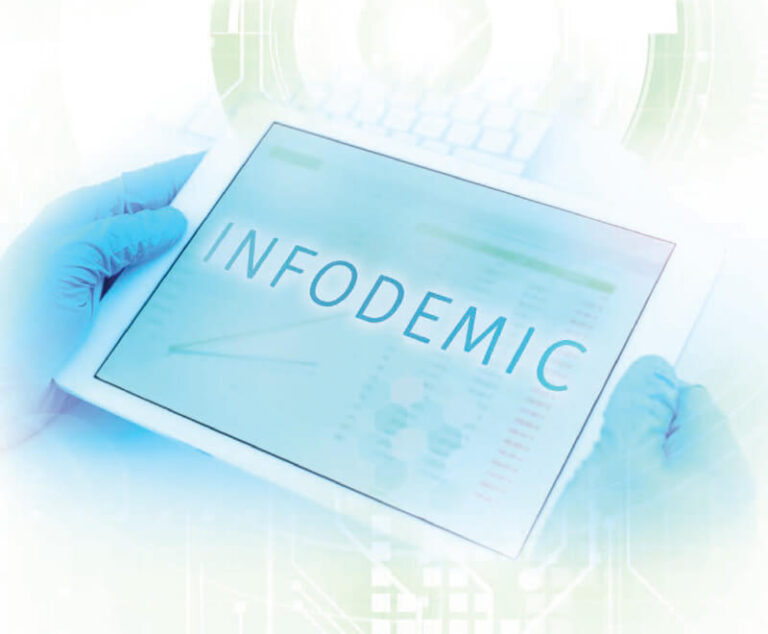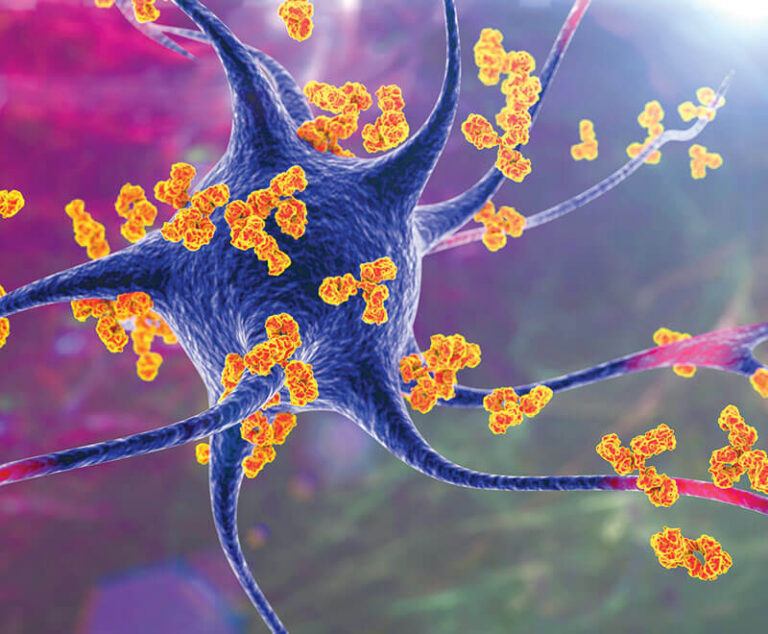Industry Insight
Information, Observation & Analysis
It is now well-established that prehospital transfusion of plasma, with its balanced mix of coagulation proteins, counters the hemodilution and progressive derangement of hemostatic mechanisms caused by crystalloid-based resuscitation, improving the changes of survival in severely bleed trauma victims.
In the realm of healthcare and pharmaceuticals, orphan drugs have emerged as a beacon of hope for individuals suffering from rare diseases. With new technology and AI-driven analytics as drivers, these once-niche therapies are rapidly taking center stage.
Dispelling the misconceptions about donating plasma could help to shore up the worldwide shortage of this lifesaving blood component used to treat rare and chronic diseases.
Precise, personal treatment is the way of the future. Here's how experts are using genetic sequencing to forge a revolutionary new way of practicing medicine.
OCD is no joke, and the rash of hurtful memes about the condition minimize the amount of suffering that people with OCD live through on a daily basis. But perhaps by understanding OCD, how it affects those who suffer from it and how it is treated, the ignorant, albeit mostly innocent, statements such as “I’m so OCD!” will cease.
Renewed interest and research in psychedelic compounds is giving formerly illicit drugs a 21st century image makeover. Are they really breakthrough solutions for treatment-resistant conditions such as depression and PTSD? At this point, the data looks promising.
For decades, respiratory syncytial virus (RSV) has defied the best efforts of vaccine makers to bring it to heel, until now.
An unusual uptick in pediatric hepatitis recently put the medical community on edge. Here's what we know, why it matters and what to do to mitigate the condition going forward.
The mystery behind the sudden outbreak of acute severe hepatitis in 2022 is revealed.
This growing field of intervention-based therapeutics promises to enhance patient health and make healthcare more proactive.
Politicization and polarization have made finding credible information online harder than ever.
Specifically designed to blockade the physiologic IgG recycling function of endothelial cell neonatal crystallizable fragment receptor (FcRn), FcRn antagonists represent a new class of monoclonal antibody-based drugs that have been shown to mediate a sharp, dose-dependent reduction in circulation IgG levels.












